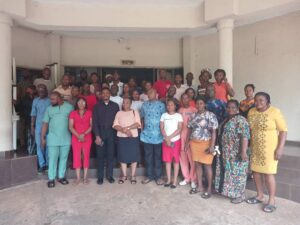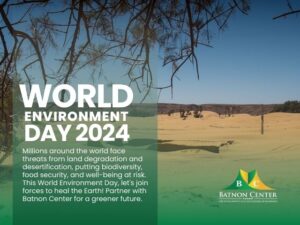Net-zero political economy is a concept that has gained a lot of attention in recent years as the world continues to grapple with the effects of climate change. Simply put, a net-zero political economy is one in which the economy is designed to operate at a level that does not contribute to climate change.
This concept is based on the idea that the way we currently produce and consume goods and services is not sustainable in the long term. The burning of fossil fuels, deforestation, and other activities have led to an increase in greenhouse gas emissions, which are contributing to global warming.
In order to address this problem, it is necessary to transition to a net-zero political economy. This means reducing our reliance on fossil fuels and instead relying on renewable sources of energy such as solar and wind power. It also means implementing policies that promote sustainability and conservation, such as recycling and reducing waste.
One of the main challenges of transitioning to a net-zero political economy is that it requires significant changes to the way we currently produce and consume goods and services. This can be a difficult task, as it involves changing long-standing economic systems and practices.
However, it is important to recognize that the transition to a net-zero political economy is not only necessary for the health of our planet, but also for the long-term stability of our economy. By investing in renewable energy and sustainable practices, we can create new jobs and industries, while also reducing our dependence on fossil fuels.
Additionally, a net-zero political economy can help to reduce inequality and promote social justice. The transition to renewable energy and sustainable practices can create new opportunities for disadvantaged communities, who are often disproportionately affected by climate change.
Overall, the transition to a net-zero political economy is a complex and challenging task, but it is necessary for the long-term health of our planet and our economy. By making the necessary changes to the way we produce and consume goods and services, we can create a more sustainable and equitable future.






